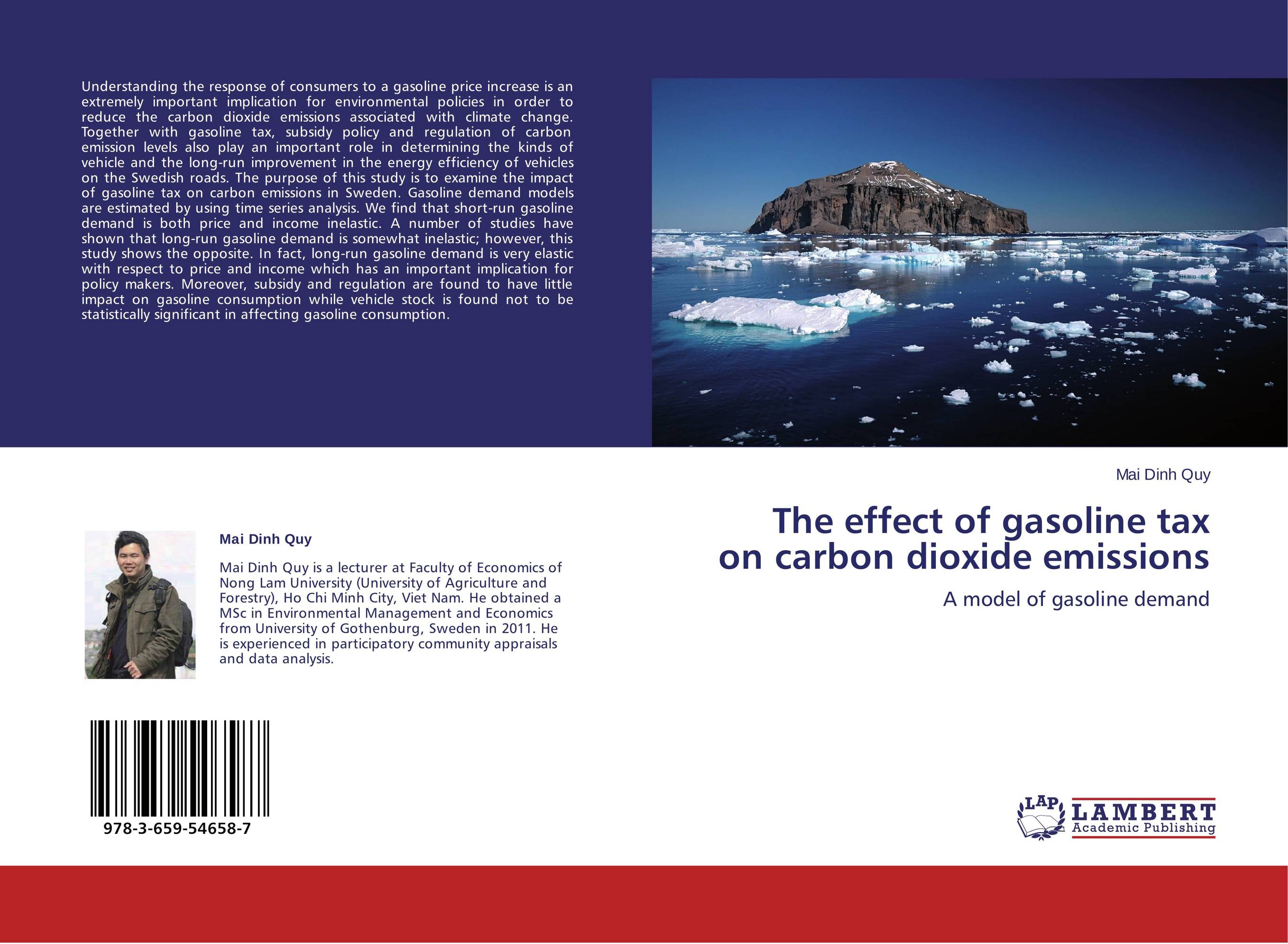| Поиск по каталогу |
|
(строгое соответствие)
|
- Профессиональная
- Научно-популярная
- Художественная
- Публицистика
- Детская
- Искусство
- Хобби, семья, дом
- Спорт
- Путеводители
- Блокноты, тетради, открытки
The effect of gasoline tax on carbon dioxide emissions. A model of gasoline demand

В наличии
| Местонахождение: Алматы | Состояние экземпляра: новый |

Бумажная
версия
версия
Автор: Mai Dinh Quy
ISBN: 9783659546587
Год издания: 2014
Формат книги: 60×90/16 (145×215 мм)
Количество страниц: 60
Издательство: LAP LAMBERT Academic Publishing
Цена: 23208 тг
Положить в корзину
| Способы доставки в город Алматы * комплектация (срок до отгрузки) не более 2 рабочих дней |
| Самовывоз из города Алматы (пункты самовывоза партнёра CDEK) |
| Курьерская доставка CDEK из города Москва |
| Доставка Почтой России из города Москва |
Аннотация: Understanding the response of consumers to a gasoline price increase is an extremely important implication for environmental policies in order to reduce the carbon dioxide emissions associated with climate change. Together with gasoline tax, subsidy policy and regulation of carbon emission levels also play an important role in determining the kinds of vehicle and the long-run improvement in the energy efficiency of vehicles on the Swedish roads. The purpose of this study is to examine the impact of gasoline tax on carbon emissions in Sweden. Gasoline demand models are estimated by using time series analysis. We find that short-run gasoline demand is both price and income inelastic. A number of studies have shown that long-run gasoline demand is somewhat inelastic; however, this study shows the opposite. In fact, long-run gasoline demand is very elastic with respect to price and income which has an important implication for policy makers. Moreover, subsidy and regulation are found to have little impact on gasoline consumption while vehicle stock is found not to be statistically significant in affecting gasoline consumption.
Ключевые слова: Climate change, carbon emissions, elasticity, gasoline taxes



